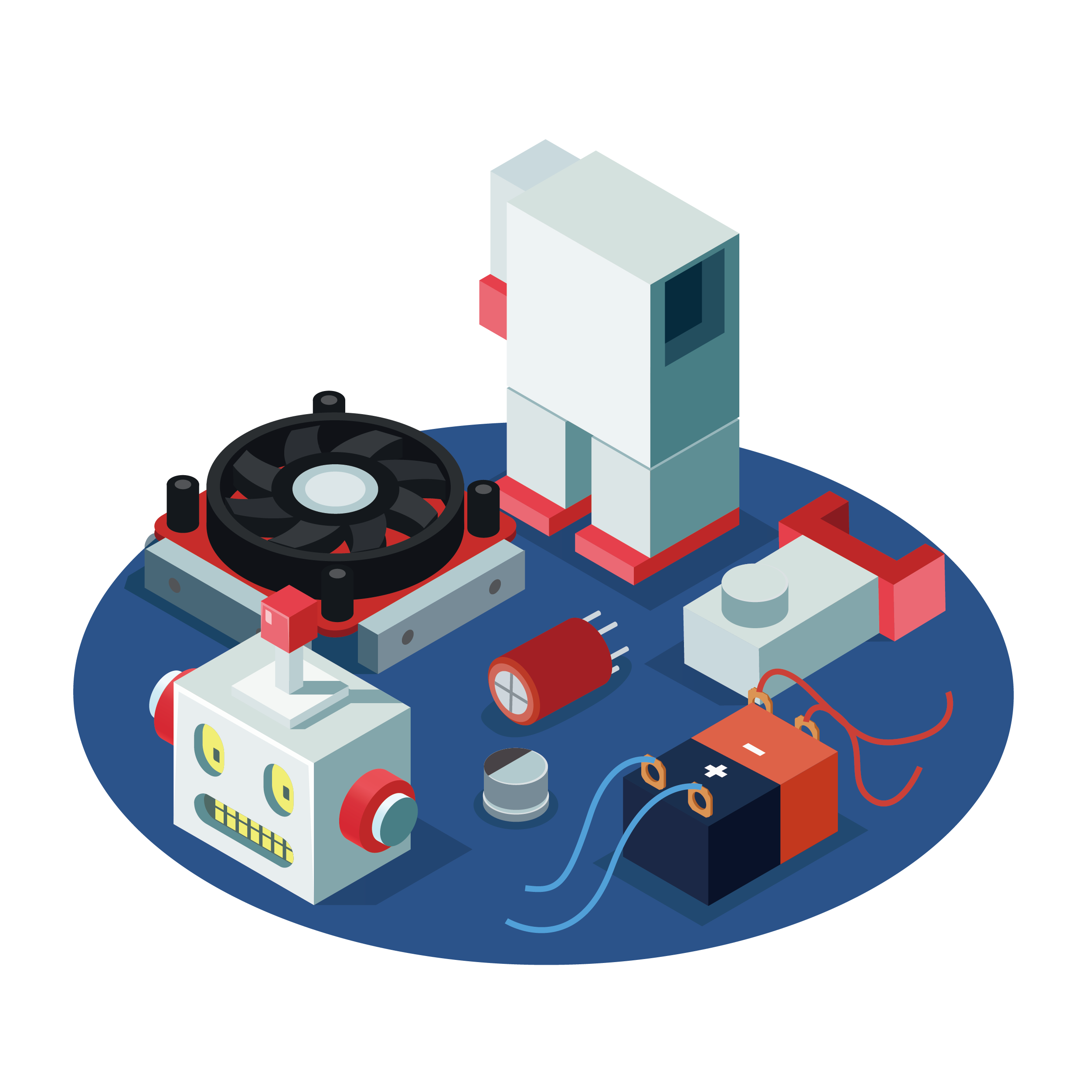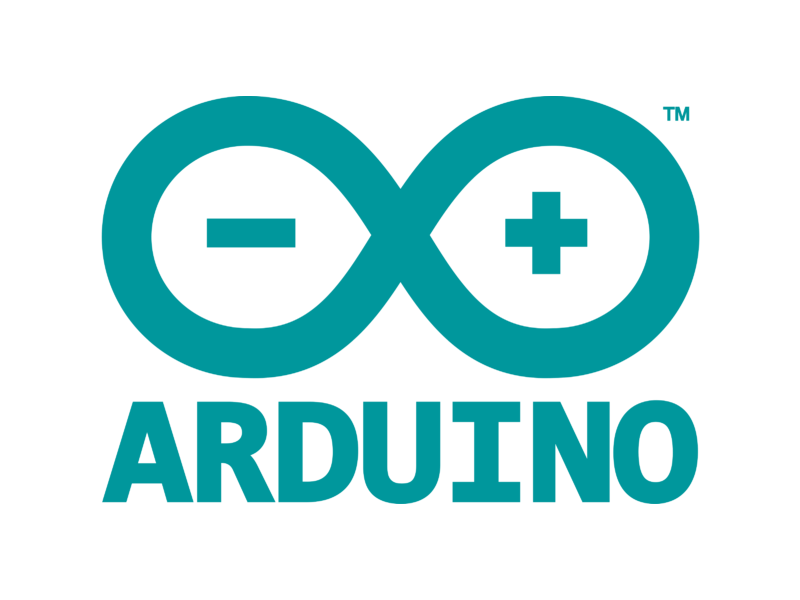
ROBOTICS
“Hands-on experience is the best way to learn
about all the interdisciplinary aspects of robotics.”
– Rodney Brooks

With a growing economy that has a higher demand for STEM fields, it’s important that the next generation learns how they can make a difference in their world.
In this class students will trace the history, development, and influence of automation and robotics
as they learn about mechanical systems, energy transfer, machine automation, and computer control systems.
Students use different Robotics platform to design, build, and program real-world objects
such as traffic lights, toll booths, and robotic arms.
Junior Engineers
Our junior Engineering classes build off young children’s natural curiosity by introducing them to the uses of technology in their daily lives. Our lessons help them explore through interactive projects, engaging literature, and fun demonstrations. The self-discovery and teamwork students experience in our classes builds confidence, sets an important framework for their future education, and helps them make sense of the theory they learn in school for years to come.
Learning Targets
- Early Math
- The Design Thinking process
- Record data using graphs or charts
- Make predictions
- Identify cause and effect
- Interlock gears
- Early Simple Machine Knowledge


Advanced Beginner
The objective of this level is to introduce students to the field of Robotics and stimulate their interests in science and engineering through the participation of the entire design thinking process. This course covers a variety of multidisciplinary topics necessary to understand the fundamentals of designing, building, and programming robots.
Learning Targets
- Fundamentals of computer languages and machine logic
- Micro controllers
- Manipulators
- Line Following Algorithms
- Gears and other mechanical systems
- Sensing distance and direction
Apprentice Engineers
In this stage, the course tightly combines instruction in theory with practical application. After a review of relevant topics in linear algebra and geometry in the context of robotics, students are introduced to mechanical engineering concepts such as motor control, timing sequences and sensor systems. They are taught essential concepts and skills of programming. Both the engineering concepts and programming skills are reinforced as they work in a supervised, hands-on, team-based project.
Learning Targets
- Mechanical Systems
- Automated Systems
- Power and torque
- Acceleration and velocity
- Fundamentals of kinematics
- Sensors and actuators


Expert of Robotics
In this level we spend each class designing, building, testing, and re-engineering their own solutions to engineering challenges in an engaging, safe, hands-on environment. By integrating the Engineering Design Process into both individual and team lessons, students learn that falling short of goals is normal, and that improvement is an essential part of every project. Following this process of continual improvement encourages Apprentice Engineers to step outside of their comfort zones and try new things with confidence.
Learning Targets
- Mathematics and Physics for Robotics
- Mechanical & Electrical Engineering Challenges
- Program structure and flow
- Project Presentations
Master Engineers
Master Engineers are discovering their place in the world and looking to have an impact. While providing opportunities to explore possible career options in a fun, low-pressure environment, these classes empower students to think outside the box and invent their own solutions for real-world problems. Students practice problem-solving and collaboration skills as they team up with new friends who share their interests and see First-hand how the math and science they learn in school applies to modern technology.
Learning Targets
- Geometry
- Newton’s laws of motion
- Physical Science
- Programming Skills
- Renewable Energy
- Systematically test

Book A Trial Class





